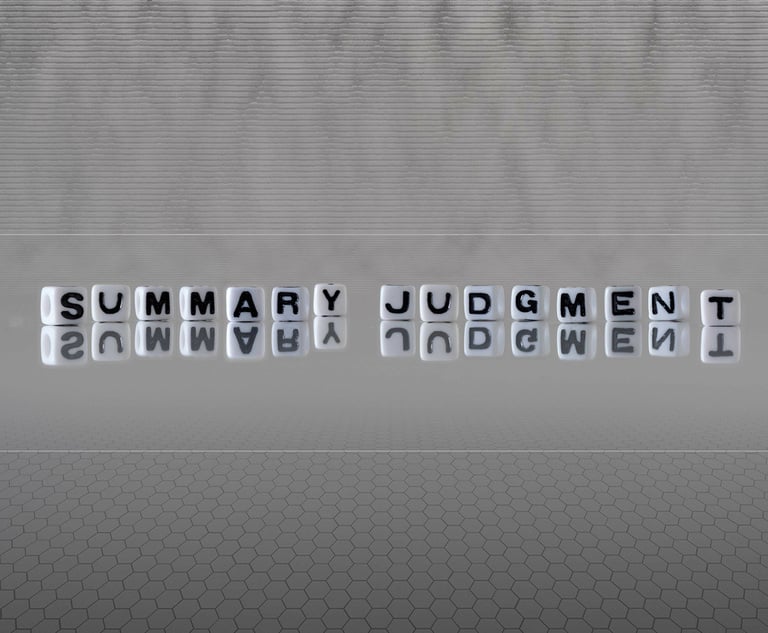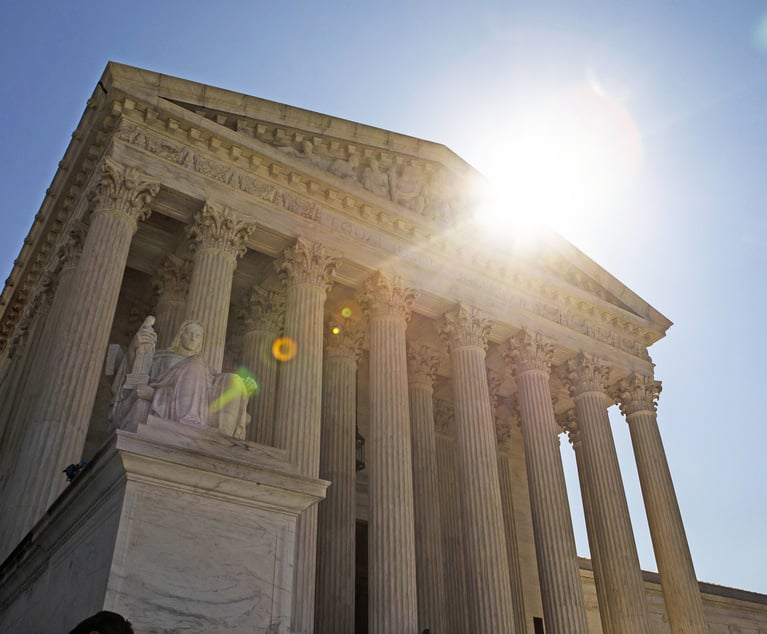At its annual meeting in Denver on Aug. 7, the House of Delegates of the American Bar Association adopted, by a 2-1 vote, modest changes to Model Rule 1.16 that requires the lawyer to “inquire into and assess the facts and circumstances of each representation to determine whether the lawyer may accept or continue the representation.” In addition, the new model rule adds a fourth mandatory ground for declining or withdrawing from a representation in situations where “the client or prospective client seeks to use or persists in using the lawyer’s services to commit or further a crime or fraud, despite the lawyer’s discussion pursuant to Rules 1.2(d) and 1.4(a)(5) regarding the limitations on the lawyer assisting with the proposed conduct.”
Rule 1.2 refers to the scope of representation and allocation of authority, and Rule 1.4 covers communication with the client. The modified rule also provides commentary on various hypotheticals where the circumstances change after the representation has begun. The report notes that this is part of the continuing effort to address the issues of money laundering, human rights violations and similar circumstances where lawyers are at risk of being used by clients for such purposes. As the report accompanying the model rule makes clear, this was a follow-up to the ABA’s resolution regarding beneficial ownership, which we editorialized on previously.


 Magnifying Glass – mrjpeg – Fotolia
Magnifying Glass – mrjpeg – Fotolia




